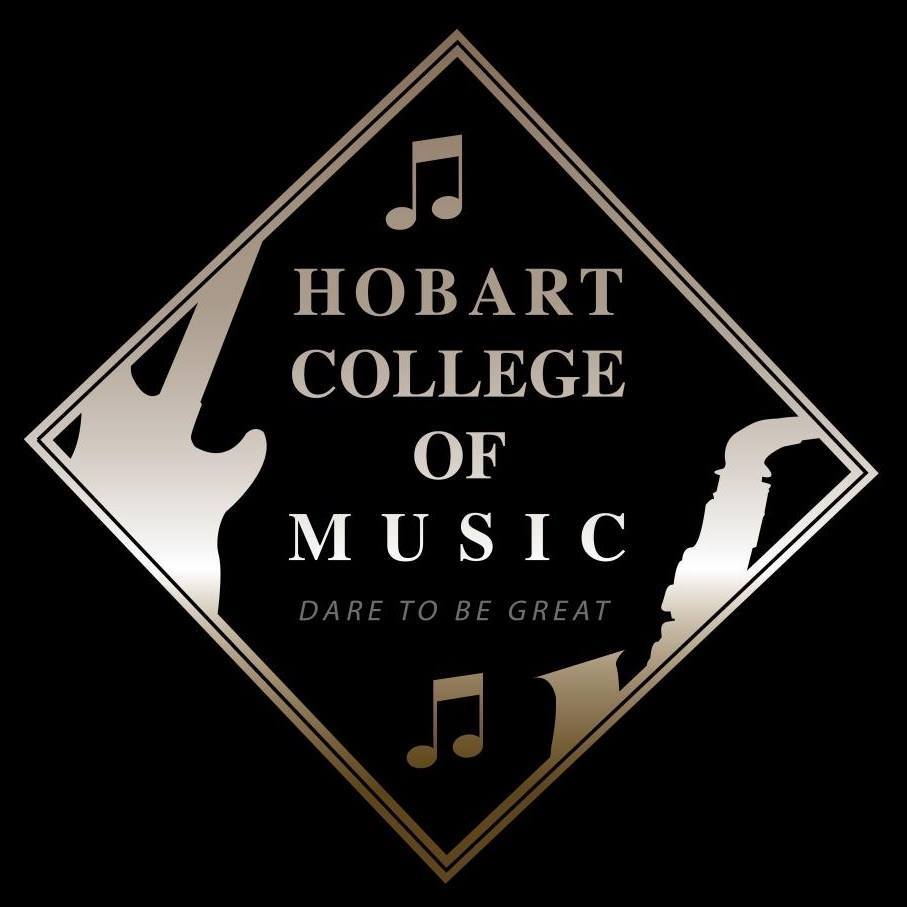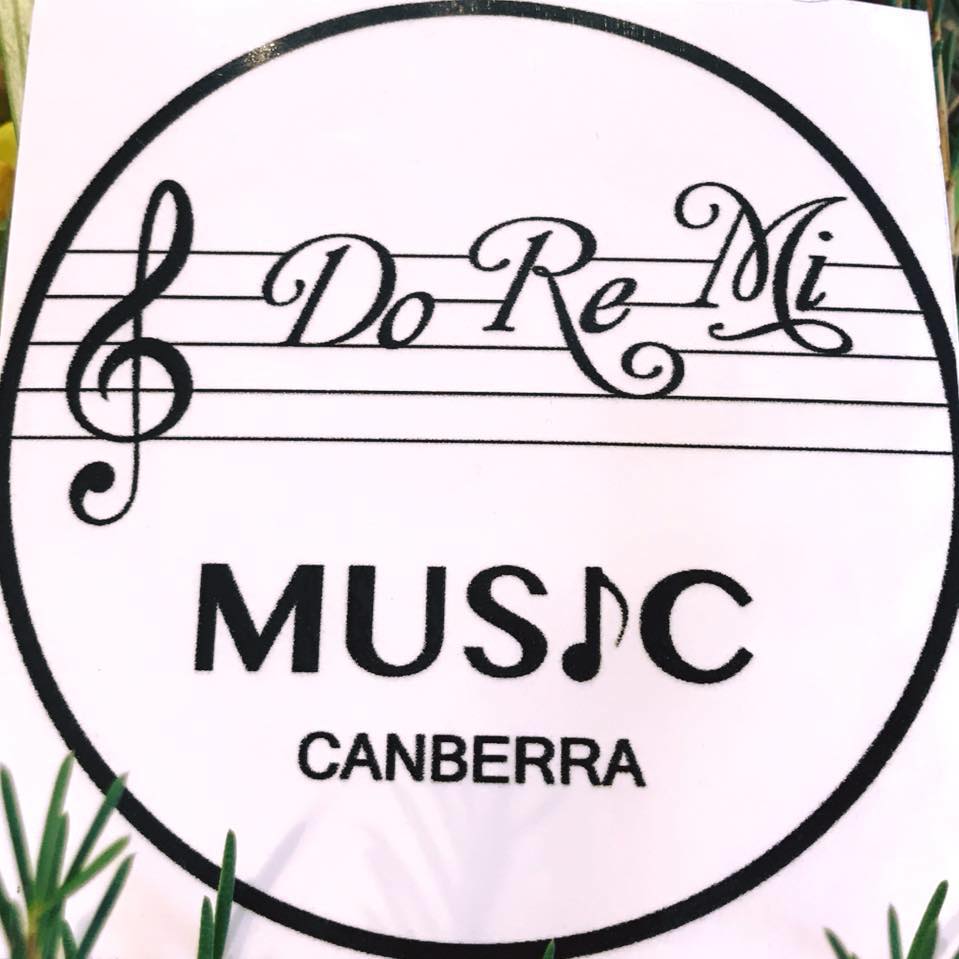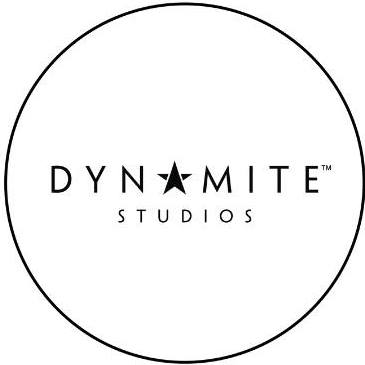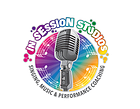Although our background is in classical singing, We teach contemporary as well. It's a different kettle of fish. We use the recording equipment for both streams

Overview:
Although our background is in classical singing, We teach contemporary as well. It's a different kettle of fish. We use the recording equipment for both streams.
Recording your voice and listening back can be very powerful tool. Every student is different. Some benefit from recording equipment more than others and We’ll always take that into consideration.
Some people hate the sound of their own voice and some are OK with it. I think it's really important to hear yourself as you are and be comfortable with that. The equipment is always there if a student needs to make a quick demo. Plus I love twiddling the knobs and I look pretty cool with the head phones on.
Breathing. We start with a technique called smithing. It apparently was invented by someone called Smith. The first thing you have to get right is breath comes in, stomach expands.
Breath goes out belly button heads towards the spine. Think in terms of bellows or a pump. Once that's working well (it should because because we breathe naturally all day) we can start by creating a little bit of resistance ffff, shhhhh, ssssss, bbbbbbb,
Then we start on simple scales to on those consonants. Its a great singing exercise for beginners and advanced singers. The important thing to remember is that this exercise is impossible unless there is sufficient air coming out. It's a way of training you to use your air.
Vowels. The Italians taught us to sing with pure vowels. iii, ehhh, ahhh, ohh, ooo. That's it. Us Australians are guilty of dipthongs. A Dipthong is a sound formed by the combination of two vowels in a single syllable. Italians tend to stick to one vowel per syllable and that is great for singing.
It keeps it really uncomplicated and it's really pleasing to the ear. Alot of our technique is about going from one vowel to the next with the minimum effort and as much economy as possible. Any form of singer pop jazz, classical will benefit from this.
Colour. I often say to my pop students that what singing lessons can do is give you options and a language. Whether or not you are aiming for a bright twangy sound or perhaps something with more sob quality, It's helpful to know what is happening technically.
A lot of vocal colour is driven by the emotional content in the song. I believe that songs can teach you to sing. The emotions you use when you interpret text can show you vocal colours you never knew you had.
Encouragment, humour- If there was one magic pill that I could give to students to make them sing better, it's encouragement. The same is true for myself as a student. I remember walking into lessons feeling like crap and literally coming out seeing colours brighter, feeling on cloud 9.
There are a lot of people offering singing lessons in Melbourne. It's very important that you find the right person. The lesson should be fun. It's your time for you. If you aren't enjoying yourself, go somewhere else. It's important that you have a rapport with the person who is teaching you to sing.
Extraordinary Kids is run by Jon and Rebecca Bode. We are professional opera singers and have had careers in theatre musical theatre and opera in Australia America and Europe. We still perform regularly in Melbourne.

Vocals Lessons are offered by The Hobart College Of Music for all ages and abilities. The Hobart College of Music is committed to teaching music as an artistic, academic and professional disipline. To fostering the performance, creation, study and use of music in a variety of ways.

Take our singing program if you want to Learn to sing in tune with your own style. Have the best posture to raise the rafters learn to express and articulate the emotion of the song. Sing anything from Rock, Pop, and Opera Sing scales and harmony and have the confidence to sing to and with othe...

Our vocal teachers will create a personalised program for students taking into account their ability level, age and genre preference. At CCMF we teach students of all ages and abilities and the teachers are trained in all forms of genre from contemporary, jazz, pop and more.

Kids singing classes in our Gold Coast studio are for the kids who come along when holding a melody. Designed to nurture their creative potential, our classes will give your budding little artist a strong foundation in vocal training.

Singing lessons (AKA vocal coaching) cover everything you need to learn about your voice. We work on the foundation of singing, breathing, warm up scales and exercises, songs, how to care for your voice and how to overcome nerves.
© 2025 coursetakers.com All Rights Reserved. Terms and Conditions of use | Privacy Policy